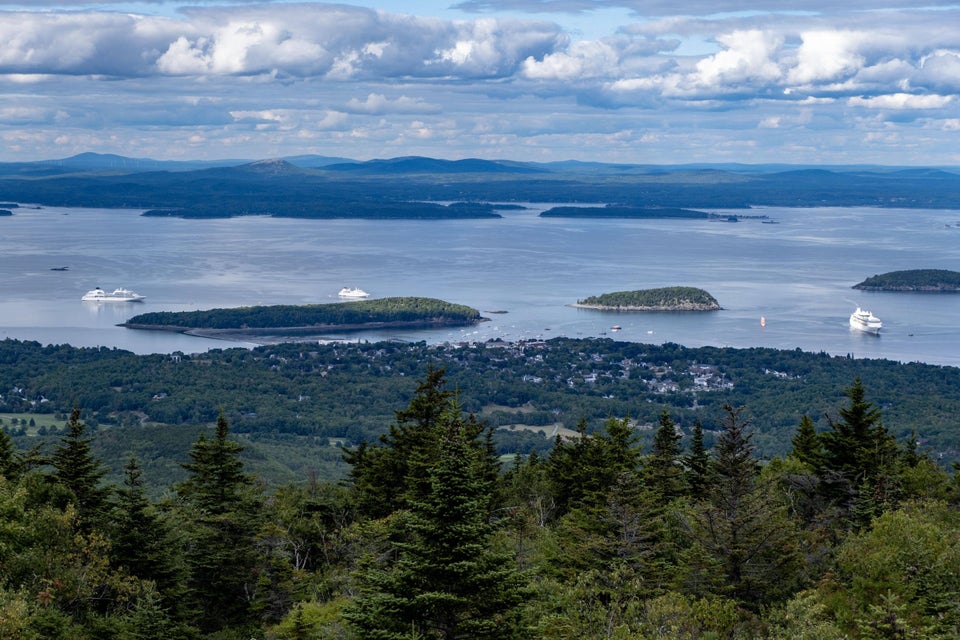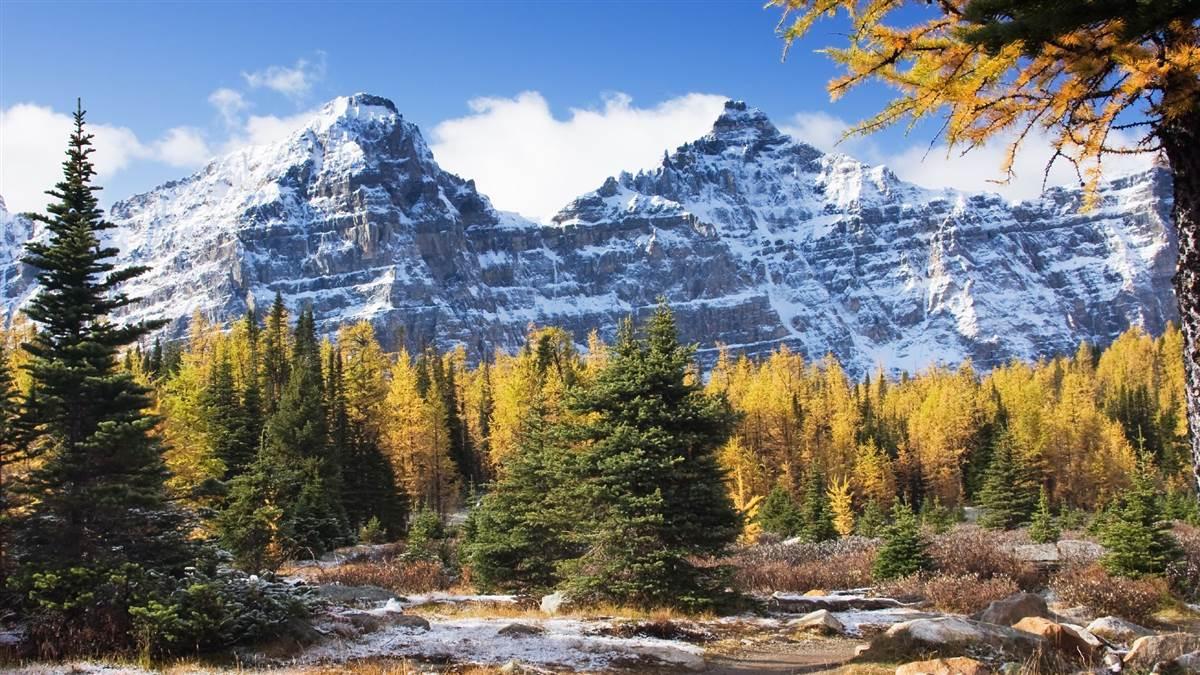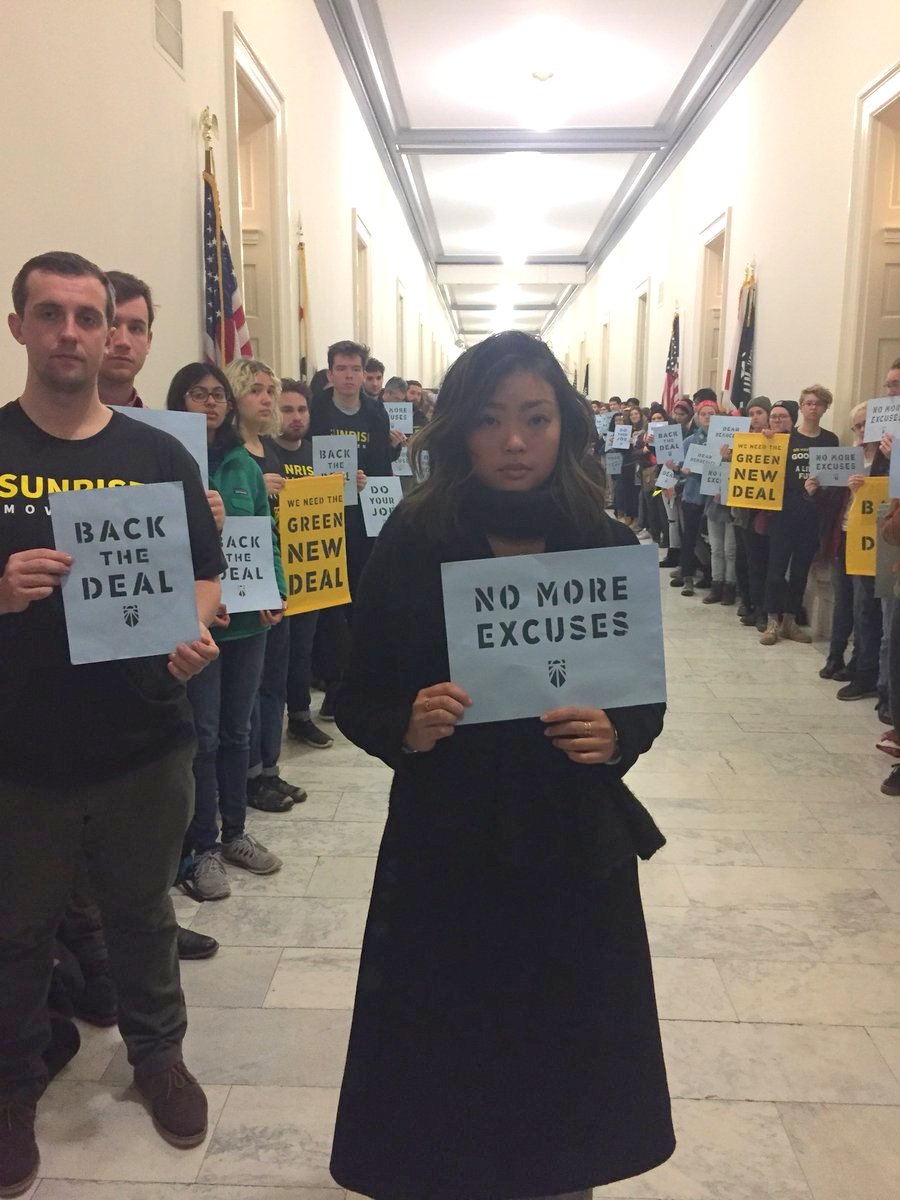The Daily Escape:

A Halloween prayer – photographer unknown. Fear is everywhere in the world. Is there reason for hope?
In comments on Wrongo’s post, “Climate Change Summit, Part II”, blog reader Gloria R. asked for some suggestions about how older people could help with climate change, given that the outcome will only be clear after the elderly are long gone.
Good question. In some ways, climate despair is a new kind of climate denial, blunting the momentum for action, just when we need it most. Despair can become a self-fulfilling prophecy.
But young people aren’t feeling hopeless. The first truly global social movements dedicated to climate action and climate justice have gained in size and strength, beginning with Greta Thunberg’s Fridays for the Future and spreading to the Sunrise Movement in America and to climate justice movements around the world.
First suggestion: These movements are long on enthusiasm and short of money. Maybe geezers could fund them?
Second, capital continues to leave fossil fuel investments. According to a recent study. this shifting of financial assets could potentially stop the fossil fuel companies from giving lip service to climate change, particularly if they lose political power. Maybe geezers could direct their financial advisors to move their investment $$ away from these big emitters?
Third, state and local governments set building codes and local energy-use regulations. They also set zoning and land use rules. So, maybe geezers could get political on a local level and work to make what we tend to call the “living laboratories for democracy” (state and local governments) havens of better climate policies and practices?
Fourth, some of us don’t have funds to back up our ideals. One thing geezers can do that is costless is to send a letter to their kids about what they did to make sure the future isn’t an environmental wasteland. That’s the premise behind DearTomorrow, a project that’s archiving letters about climate change written by people to their future children, selves, or family. The idea is to foster personal engagement with the problems and solutions to climate change. DearTomorrow asks letter writers to focus on positive themes and why they have hope for future generations. Writing a letter to their future self or loved ones makes it personal.
Fifth, join Elders Climate Action, a group of grandparents who mobilize elders to address climate change. They’re trying to protect the well-being of their grandchildren.
There you go, Gloria (and all geezers), five ideas. There are many, many others.
Finally, the response to the Covid pandemic demonstrated how societies and economies can pivot very quickly in response to a global emergency. The response was far from perfect. The rich countries took care of their own citizens first, and then moved in some cases reluctantly, to help the poor nations. But for the medium-term, we now have a blueprint for the globe working together on a global crisis.
Other reasons for hope:
- The global economy is growing faster than global emissions. That means energy efficiency is increasing without any erosion in economic growth. The pandemic slowed this down, but the trend is clear.
- Energy efficiency is moving from the margins toward a new normal in the products we use. Think how commonplace LED light bulbs are today.
- The price of solar and wind power has plunged, and there’s reason to expect that the cost of energy storage, key to an electric power grid reliant on renewable energy, will decline over time.
- The supply of clean energy resources is growing faster than new sources of “dirty” energy. Now, the potential for electric power generated from clean, steady sources is becoming a reality.
That’s Wrongo’s brief take on reasons to be hopeful about our climate future. But that’s no reason to stop the effort to hold corporations and politicians accountable for making climate change a top priority. On Thursday at a House Oversight Committee hearing, four fossil fuel CEOs refused to declare climate change an “existential crisis”, using weasel words to avoid reality. They must be stopped.
Enough for today, it’s time for our Saturday Soother, when we take a brief break from whatever is going on in the Virginia governor’s race and spend a few minutes concentrating on the natural world around us. Here in CT, we’ve seen temperatures in the mid-30s. We’ve started leaf blowing. It will go on until at least the first week of December.
Time to bundle up, grab a comfy chair by a window, and listen to Broken Peach perform a live Halloween version of Soft Cell’s “Tainted Love” in zombie makeup. Broken Peach is a cover band from Spain:



